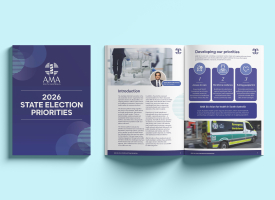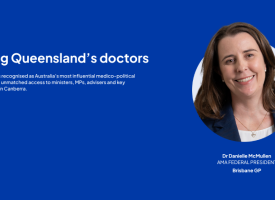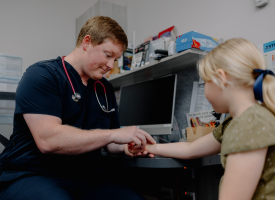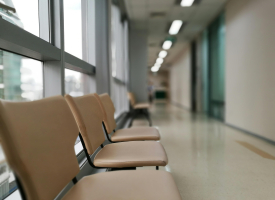AMA Traffic light system helps trainee doctors’ mental health
A new traffic light rating system of mental health services will help trainee doctors assess how stressed they are and access the mental health care to suit.
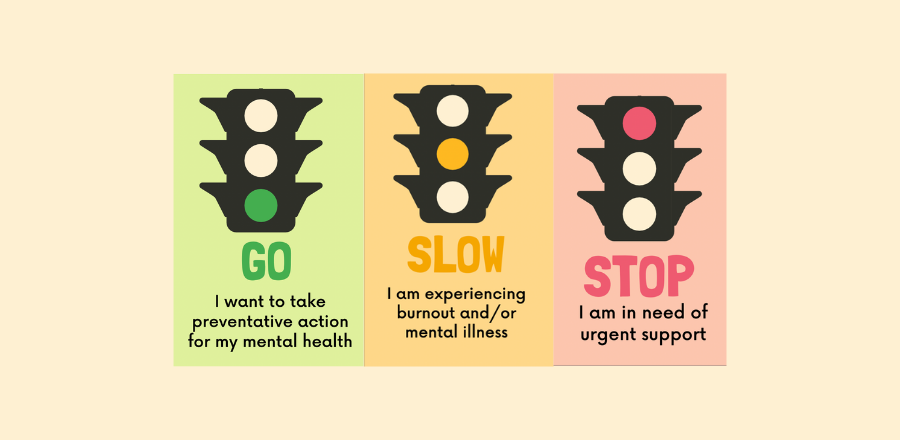
A new traffic light rating system of mental health services will help trainee doctors assess how stressed they are and access the mental health care to suit.
The AMA Council of Doctors in Training (CDT) has partnered with the Australian Medical Students Association (AMSA) to develop the handy traffic lights flyer, which lists all support services available and recommends which to access depending on the level of stress experienced.
Designed for medical students and trainee doctors across Australia, the flyer is a quick and easy tool aimed at encouraging young doctors to be aware of their mental health.
CDC Chair, Dr Hash Abdeen, said he hoped more young doctors would take notice of how they’re feeling and act upon their mental health, whatever stage they’re at.
“There is no question that it has been a difficult few years for medical students and doctors in training. The impacts of the pandemic, disruptions to training, and increased workloads on the health and wellbeing of our future workforce have been immense, with many of the repercussions yet to be seen,” Dr Abdeen said.
The traffic lights are linked to national services and helplines with phone numbers to dial, including Dr4Drs Telemedicine Service (1300 374 377) in the ‘green light’ zone and Lifeline (131114) and Beyond Blue (1300 22 4636) in the “red light” category.
If people identify early on that they are at risk of feeling stressed, anxious or worried, they can access services rated at the ‘green light’ level to address their present situation and prevent things from escalating.
Services rated in the ‘amber level’ are to help people feeling the effects of burnout for example, feeling irritable, have difficulty managing daily tasks or who may have stopped socialising because of how they’re feeling.
‘Red light’ services are for when things are acute, where people are in crisis, have thoughts of suicide or are feeling trapped. This should be recognised as an emergency and help should be sought immediately.
“Often it’s hard to find the right help service even when you’re well, let alone when you’re distressed. This traffic light guide has been created to support those in need to find the right type of help best suited for them, when they need it,” Dr Abdeen said.
“We hope that all doctors and medical students will save a copy and use it either personally or give it to a colleague who may need it when they reach out for help.”
The traffic lights flyer is available here.
